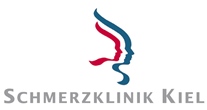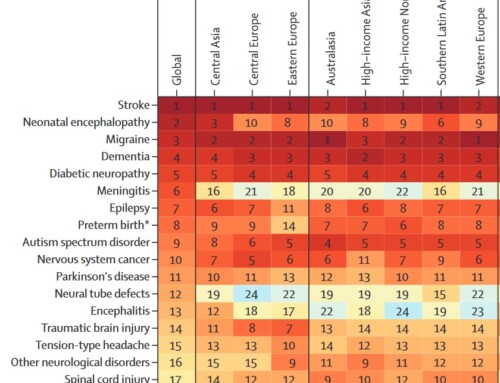 Neuroscientific findings by the Ulm brain researcher Spitzer
Neuroscientific findings by the Ulm brain researcher Spitzer
Frankfurt, March 20, 2014 - When people suffer from pain or loneliness, the same nerve cells in the brain are activated. This is one of the study results published by the Ulm brain researcher Professor Dr. med. Dr. phil. Manfred Spitzer presented it as part of the German Pain and Palliative Care Day 2014 in Frankfurt am Main.
In the studies that Spitzer presented, the reactions of healthy volunteers or pain patients to painful stimuli and other impulses were examined using magnetic resonance imaging. The results were astonishing: when a painful stimulus was given, activity in the pain center of the brain was detectable. Activity could be recorded in the same brain region when the test subjects initially took part in a computer game and were suddenly no longer allowed to play. “Loneliness leads to pain,” the brain researcher concluded. Conversely, it has also been shown that pain medication can alleviate suffering from loneliness.
In practice, this phenomenon explains why, for example, pain patients who are abandoned by their partner need stronger pain therapy and, on the other hand, people who are well integrated into their families tolerate stressful therapies better.
The connection, according to Spitzer, is evolutionary. The region of the brain responsible for processing pain is responsible for warning people of life-threatening situations. And in earlier centuries this not only included physical injuries, but also exclusion from the community, which could be fatal.
The German Pain and Palliative Care Day lasts until March 22nd. Co-organizers are the patient organization German Pain League, the German Society for Interdisciplinary Palliative Care and the Institute for Quality Assurance in Pain Therapy and Palliative Medicine.
Further information at www.schrei-und-palliativtag.de
German Society for Pain Medicine eV (DGS)
The German Society for Pain Medicine eV (DGS), with more than 4,000 members, is the largest European specialist society that is committed to a better understanding and better diagnosis and treatment of chronic pain. It is organized nationwide in more than 120 regional pain centers where interdisciplinary pain conferences are held. The primary goal of the DGS is to improve care for people with chronic pain. This can only be achieved by establishing algesiology in medicine. This includes quality assurance in pain medicine through the establishment of therapy standards as well as the improvement of training, further education and training in the areas of pain diagnostics and pain therapy for doctors of all disciplines. The DGS publishes the pain therapy guide in which all members are listed. Together with the German Pain League eV, the DGS organizes the annual German Pain and Palliative Care Day in Frankfurt/Main.








Leave a comment